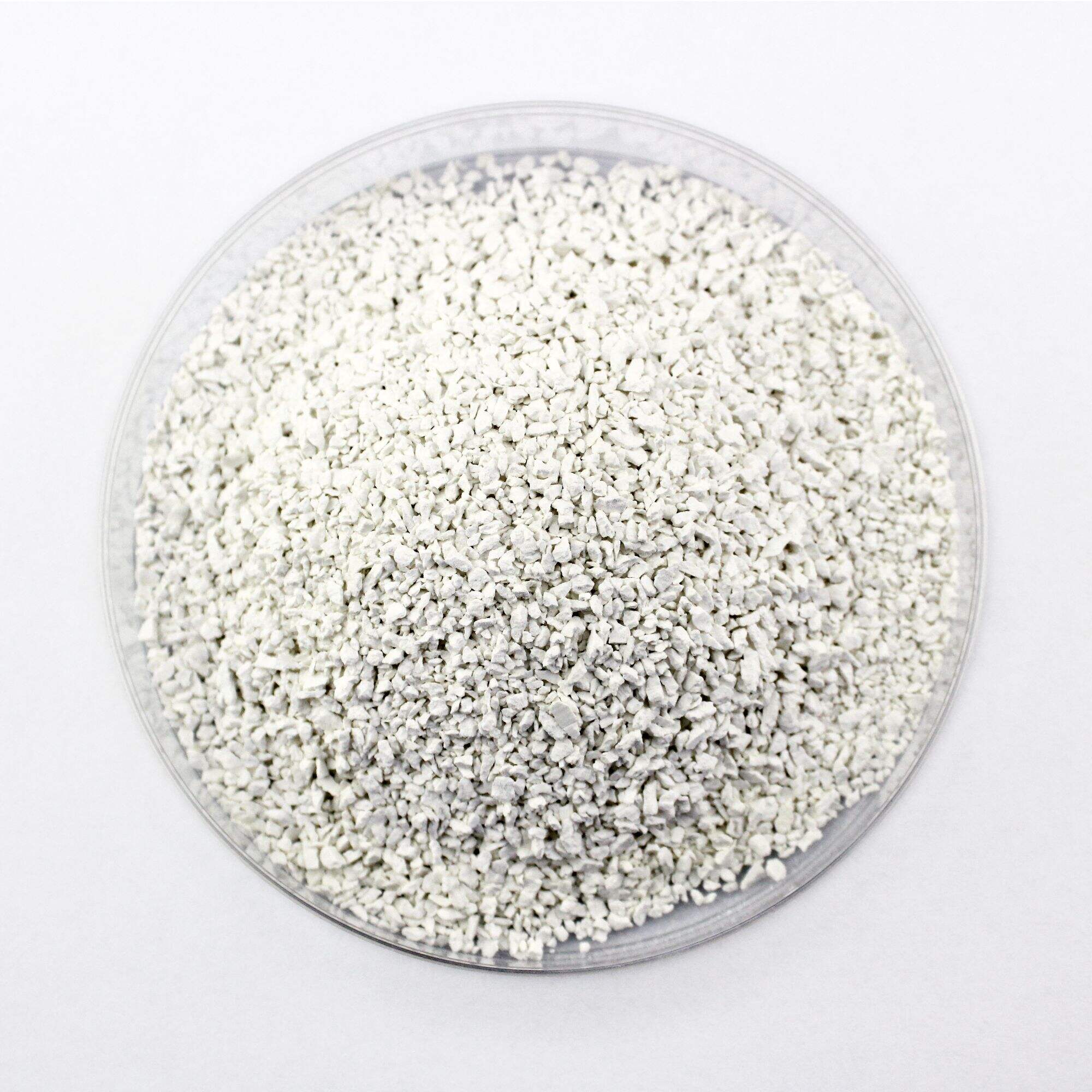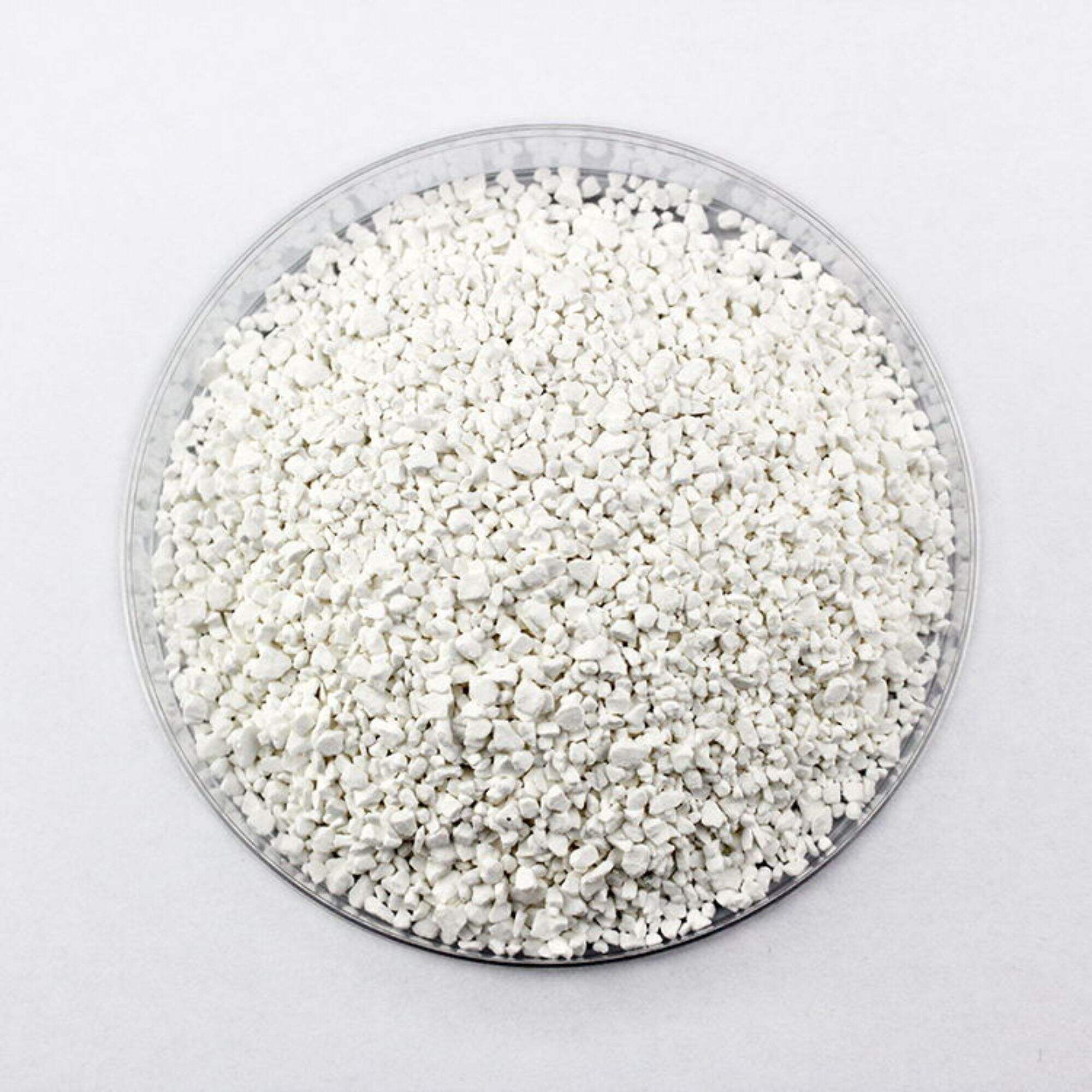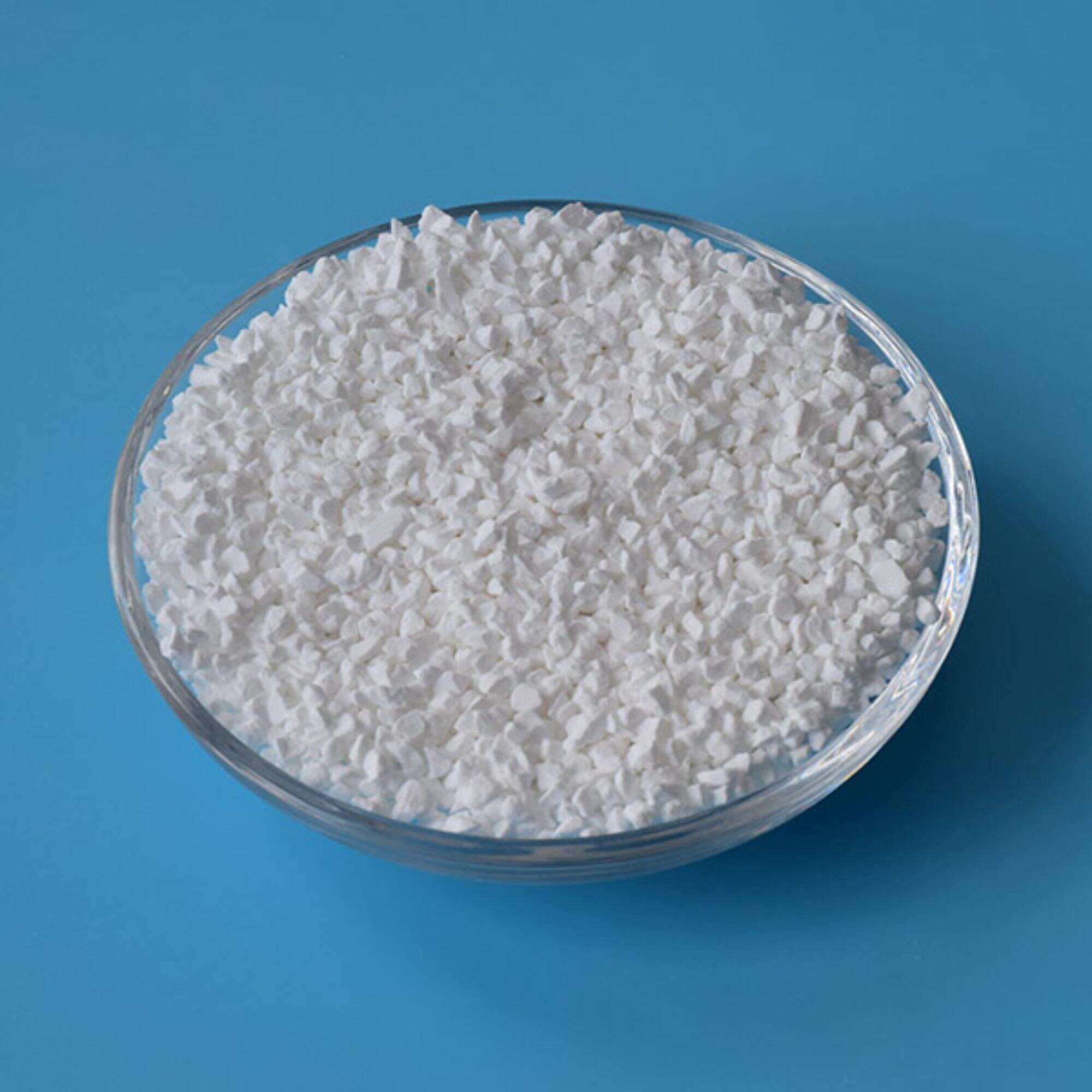Tel: +86-532 85807910
Email: [email protected]
- HOME
- PRODUCTS
- ABOUT US
- SOLUTION
- EXHIBITIONS
- NEWS & EVENT
- CONTACT
Tel: +86-532 85807910
Email: [email protected]
Granules are small things we can see. They may be small, but for many of us, they participate in our lives in ways we’re unaware of. We will learn about granules, its types, and the small particles called granules which plays a important role in many of the things around us.
Granules have a variety of shapes, sizes, and colors. They can be constructed from various substances including plastic, sugar, salt, or possibly even medicine. You can find them in your favorite snacks, in shampoo, and even in beach sand. Granules are everywhere!
Granules come in many forms and each serves its own purpose. Plastic granules, for instance, allow toys, bottles and even furniture to be made. Our food and drinks taste sweet because of sugar granules. We sprinkle granules of salt onto our food to make it taste better. All types of granules have a role to play in our daily routines.

Each of them is small and granular, as it were, but together they change the way we live our lives. It’s because, if there is no plastic granule, then there will be no toys to play with and the bottle for us to drink.” There would be no sugar granules in our food and drink and without them, we will only taste bad. Without little salt crystals, our food would be boring at best. Granules might be small but they’re mighty!

Granules consist of small packed particles. Each type of granule has its own properties — size, shape, texture. These properties determine how the granules are utilized in different products. For instance, some small bodies of sugar used in baking are finer than some groups of larger sugar particles meant for sweetening beverages. Understanding how granules are formed and what they’re like will help companies design the best products for us.”

Granules make up the stuff of much of what we use day in, day out. Without granules, no plastic toys for us to play with, no sugar for our food and no salt to sprinkle on our meals. Granules are absolutely vital in formulating many of the products we enjoy, being the fundamental components of the resulting goods.
In granule with needs of the customer are able to offer various packages that suitable for the transport requirements chemical products.We provide top quality services a perfect after-sales support system.
Qingdao Develop Chemistry Co., Ltd. founded in 2005. Our experience in the field spans more twenty years within the water treatment and disinfection chemicals industry. We offer top-quality products competitive prices.Our expertise extends beyond qualitative aspects include more specialized ones such granule and transport.
With strong product granule , design, material procurement, along with a solid manufacturing distribution capabilities, we will become increasingly strong as the market develops.Our principal products trichloroisocyanuric-based acid (TCCA) as well sodium dichloroisocyanurate (SDIC) as well cyanuric acids (CYA), calcium hypochlorite and calcium chloride, chlorine dioxide, and more. We are dedicated offering customers a range of products and services related to pool.
Our high-quality services and products renowned. We're a global corporation has customers in over 70 countries and regions, which include France, Spain, Russia, Ukraine, Pakistan, Indonesia, Malaysia, Turkiye, Vietnam and Brazil. granule sold more than 20000 tons merchandise internationally during past year.